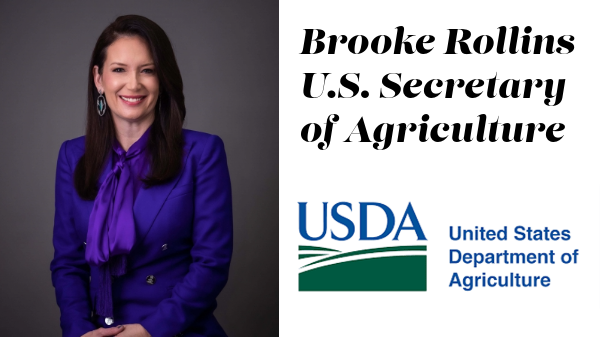Welcome to Blue Book!
Are you ready to join the thousands of companies who rely on Blue Book to drive smarter decisions? View our plans and get started today!
Still have questions? We’d love to show you what Blue Book can do for you. Drop us a line– we’ve been waiting for you.
In addition to this general obligation to deal in good faith, the drafters of the UCC reiterated this requirement within certain provisions, including Section 3-311 pertaining to what is known as accord and satisfaction; whereby a disputed transaction may be settled between the parties with words such as “paid in full” written on a check or a letter accompanying a check. The seller’s act of depositing the buyer’s check with language to this effect can establish a binding agreement fully settling the transaction for the amount paid.
We’ve seen the issue of good faith arise in the context of accord and satisfaction in several claims placed with Blue Book Services, and the UCC provides specific guidance. For an accord and satisfaction to be effective, the conditions that must be satisfied are set forth in Section 3-311(a) as follows—
If a person against whom a claim is asserted proves that (i) that person in good faith tendered [a check] to the claimant as full satisfaction of the claim, (ii) the amount of the claim was unliquidated or subject to a bona fide dispute, and (iii) the claimant obtained payment [deposited the check], the following subsections [which generally provide for the discharge of the claim] apply.
Section 3-103(6) defines good faith as “mean[ing] honesty in fact and the observance of reasonable commercial standards of fair dealing.” And Official Comment 4 to Section 3-311(a) provides a concrete example of how a buyer looking to effect an accord and satisfaction might fall short of the required good faith.
[An] example of lack of good faith is found in the practice of some business debtors in routinely printing full satisfaction language on their check stocks so that all or a large part of the debts of the debtor are paid by checks bearing full satisfaction language, whether or not there is any dispute with the creditor.
The Official Comment goes on to say that this “business practice may prevent an accord and satisfaction on the grounds that the check was not tendered in good faith.” In other words, preprinted words of full satisfaction on the check—which might otherwise have a legally binding effect—may be disregarded by a court or arbitrator.
Conclusion
Identifying unenforceable terms starts with recognizing that the words in a contract or other legal document may not be all they purport to be. Oppressive clauses and those likely to unfairly surprise the other party may ultimately be deemed unconscionable or lacking in good faith. Still, it’s wise to work with your business partners before a dispute arises to identify and remove one-sided terms from your contracts and other legal documents. Although overly-aggressive legalese is not uncommon, most people in the produce industry are not looking to subject others to unfair or oppressive agreements.








